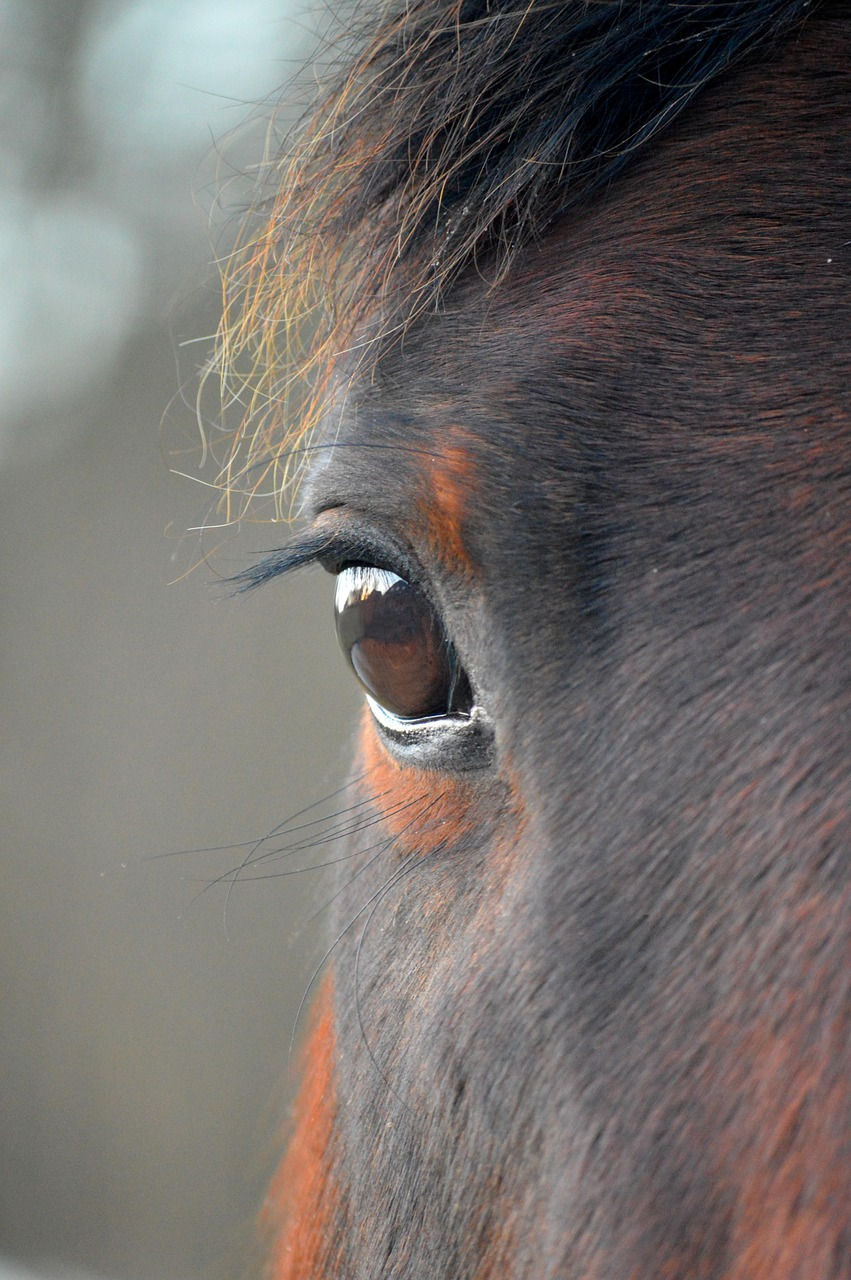Being with Horses and Keeping it Simple
- Suzy Maloney B.Eq.Sc.
- Oct 6, 2021
- 3 min read
Updated: Apr 6, 2024

Do you find yourself sometimes over analysing things? I think we all do at times. When we are with horses though this can be a block to true connection and understanding with your horse. I’ll explain why.
Imagine you are talking to someone, and you can tell they are analysing you, and probably the next step, judging you as well. How does that make you feel? I know I end up feeling separated from that person and uncomfortable in their presence. It’s the same with horses, with a bit extra. Horses start to feel stressed in the presence of a human who is analysing every little thing they do. For horses, the intense mental focus that people use when they’re in analysis mode is felt as a pressure by the horse. I’m not saying to not think about what a horse is doing, that is necessary, especially when training, but its best kept short and kept light.
If when we are with horses we are constantly in our heads, thinking, thinking, thinking, then we are not in our hearts or bellies, not in our bodies. Coming from these places when with a horse allows you to feel them and listen to your intuition. There is a lot more information there than will ever be found in the head. That’s just not how horses work.
Sometimes I’m with a client and they are so busy analysing every little thing the horse is doing they are not actually seeing the horse that is standing in front of them. Everything is filtered through the brain, and as we know, that always results in changes in the message. Feeling what’s happening is much more likely to give us a true picture of what’s going on, and then we can work with that. In some ways, analysing is a form of resistance in the human to perceiving what’s going on for the horse at a deep level. It separates us from the horse, the opposite of what we want.
Sometimes if a horse is misbehaving or fearful, people may take it personally, especially if they feel they have a deep relationship with the horse. When the horse does something undesirable, it’s taken as a personal affront. The brain will try and justify and explain and analyse and blame and any number of other strategies, so the human can feel better about what’s happening.
What if we just accepted it? I love the old saying about separating the behaviour from the person, or in this case the horse. This allows you to maintain compassion, plus view the current behaviour as a separate thing from the core of the horse. This removes the emotional content, it’s just a thing, perhaps a challenging thing, but just a thing all the same. Then we can relax and just work with that.
The prime focus when with horses is relaxation. When a horse feels stress, their cortisol levels increase. High cortisol levels elicit the flight response which prepares the horses body to get out of there so they can survive. In this state a horse is unable to think, and unable to learn, so there’s no point in doing any training if this happens. Therefore, it’s important to look at how we handle horses, so they remain in a calm and relaxed state.
This is not just about what we do in the physical world, our actions and our body language. It's about what’s happening inside us. This is read by horses as much as what is happening on the outside, perhaps even more. If we are not aware of our own internal emotional and mental state, then that’s what we need to work on first, self-awareness. The horses can help us with this, they reflect to us ourselves, all we have to do is listen.
Suzy Maloney B.Eq.Sc.
Happy Horses Bitless
Considerate Horsemanship
Ph: 0401 249 263
Email: suzy@happyhorsesbitless.com
Facebook: Happy Horses Bitless Bridles



Comments